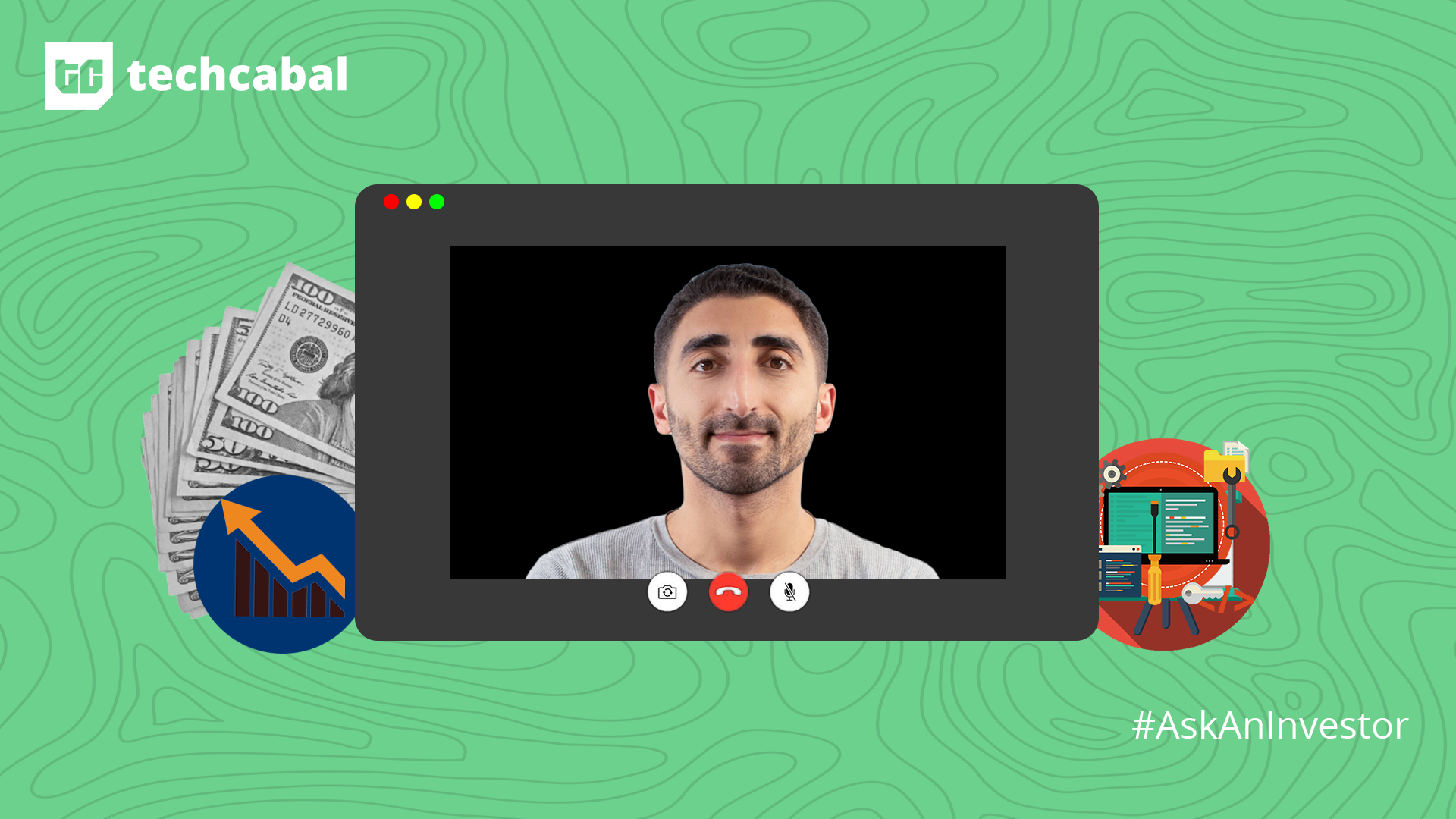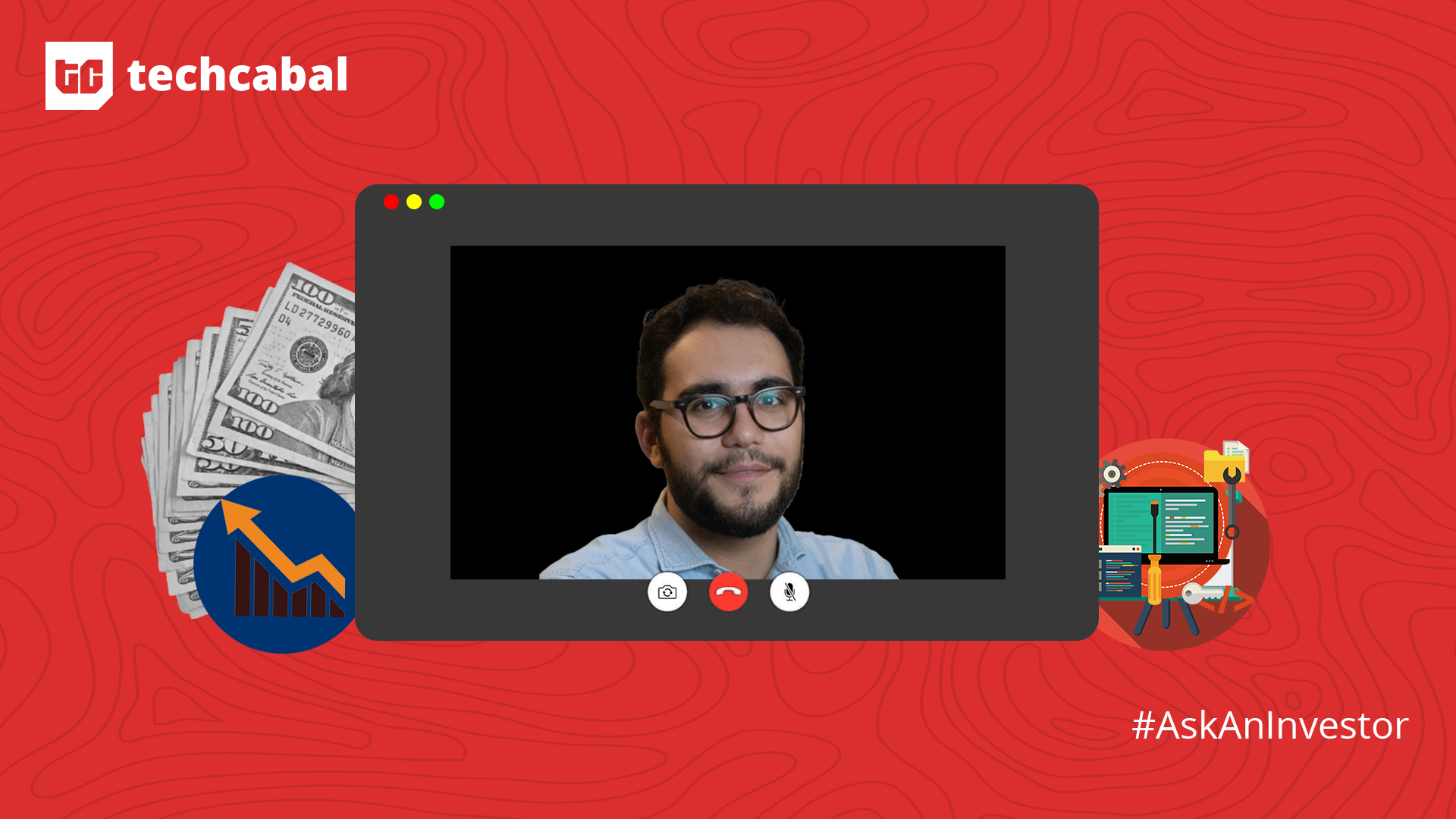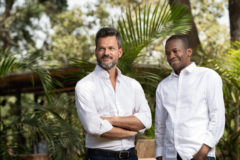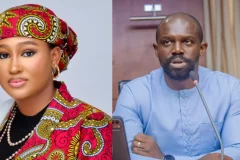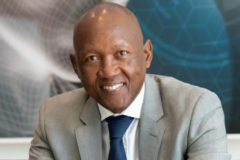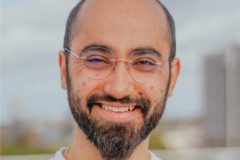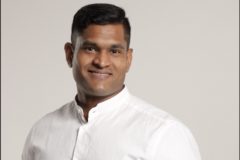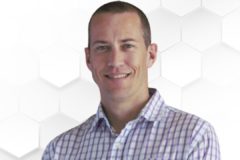Sometime next year, Bassem Raafat will return to Egypt, his country of birth, where he spent the first 15 years of his life before moving to the UK to study economics.
“I’m coming home as they say,” Raafat, a principal at early-stage investment firm A15, said as we began the conversation.
In hindsight, his life journey looks perfectly curated, without uncertainty and risks.
But after his undergrad at the Aston Business School, Raafat wasn’t clear on what he wanted to do next.
“To show you the extent of lack of clarity, I applied for a finance masters programme and jobs everywhere and anywhere,” Raafat said.
He ended up doing a part-time finance masters programme at the London School of Economics (LSE) alongside a graduate programme at KPMG to figure out what aspect of finance he liked. Within the first year at KPMG, Raafat realised he had a preference for corporate finance.
This led him to join JP Morgan’s investment banking team as a contract staff initially in Dubai, spending the first 6 months in the middle east and then returning to London for the remainder of the 3 years he spent on the job.
“I got an early promotion 18 months into a three-year program at KPMG and things were going very well,” Raafat said. “But I applied for the JP Morgan contract role and decided to move to Dubai, despite a lot of people at the time telling me that I was crazy.”
Afterwards, Raafat’s desire to work on long-term projects made him join Helios Investment Partners, a pan-African-focused private equity firm as one of the first few Egyptians on the team.
Five years at Helios investment partners gave Bassem a closer view and clearer sense of what was happening on the African continent.
“I started to see that the ecosystem in Egypt and in the MENA region, in general, was really at an inflection point with the types of entrepreneurs that were setting up companies, the initial signs of exits, and the big reputable global investors coming into the scene,” Raafat said. “I felt that there’s something interesting there and I really enjoyed the early stage angel investing I was doing by the side. So I thought that’s probably going to be my next step.”
Raafat’s growing interest in early-stage startups, coupled with a conversation with Karim Beshara, managing partner of A15, during Christmas in 2021 led him to join A15 in May 2022.
A15, which is based in the MENA region, has invested in over 34 portfolio companies, with operations spanning more than 30 markets and more than 1,000 employees.
Over a call, Raafat shared his journey and his perspective on how A15 invests in startups.
Daniel Adeyemi: Tell me about A15.
Bassem Raafat: We’re an early-stage venture fund that invests up to series A. We’re relatively sector-agnostic and thesis-driven—we have a view of how we think the world will evolve and who the winners and losers are as a result of that evolution. We make decisions within that framework.
There are times when we proactively reach out to companies that we think are interesting and fit within our thesis. We’ve come in as early as the venture-building stage by backing founders with an idea. We sit down with them and help build the team, build the tech and the product, and develop the go-to-market strategy.
DA: Can you speak a bit more about how you help venture-build startups?
BR: Let me start off with Mohamed El-Feky and Yasmine Henna, successful corporate executives at ValU, an Egyptian Buy-now-pay-later subsidiary of EFG Hermes. They wanted to do something on their own so we helped them find their chief technology officer (CTO), and we worked with them to refine the idea, thinking about the regulatory landscape, what the corporate structure should be, what sort of team they need, their go-to-market strategy and others.
We did all this, in addition to obviously investing cash into the business. Mohamed built Sympl.
Another recent one is, Tamer Amer, a leading Egyptian restaurateur, and the founder of Fuego Sushi and Longhorn Texas BBQ – two restaurant chains in Egypt, now decided that he wants to solve the restaurant and hotel supply chain.
He wanted to develop a B2B eCommerce platform and logistics platform to connect suppliers with restaurants. But he obviously didn’t have a background in tech. So we helped him meet his current co-founder and CTO, Karim Maurice, we helped them think through the strategy to go to market similar to Sympl and we also invested money into their business. Tamer launched OneOrder.
Beyond venture building, generally, founders can count on us to roll up our sleeves and invest a lot of time and effort by staying close to understanding the companies we invest in. So we’re not the VC that will write a check and speak to you every quarter to see how the business is doing and wait to see what the cap table looks like at the end of the year.
We’re not the spray-and-pray approach type. We’ve amassed a lot of experience in terms of building and scaling organisations and networks. We help our portfolio companies with things like strategy formulation, recruitment, marketing, legal entity establishment and incorporation.
We help with fundraising and work very closely with our portfolio companies to prepare and execute on exits. We have quite a strong exit track record. Out of our first fund which started in 2014, we have seven exits, five full exits and two partial exits. From our fund one, the amount we’ve distributed to our limited partners is 9.7 times their paid-in capital. In addition, we still have stakes in 19 portfolio companies.
A15 has overseen five full and two partial exits, one being TPAY Mobile to Helios Investment Partners in 2018, the first dragon exit in the MENA region. A dragon exit is one that returns more than the value of the entire fund from a single exit.
DA: What do you look out for in founders or startups before investing?
BR: We look for founders that have something to prove, those who have an almost fanatical passion or obsession. We like founders that have clarity and a focused approach, especially at this early stage. Trying to do too much can be very detrimental to a business.
We also look out for founders who have the ability to inspire, lead and execute.
DA: What does your ticket size look like?
BR: We typically invest our first check anywhere between $100,000 to a million dollars. We’re reserving around 50% of the fund for reserves.
Our target ownership stake depends on the stage. At the pre-seed stage, we’d target somewhere around 20 to 30%. If it’s somewhere around the pre-seed or seed stage then we invest somewhere between 15-25%. Series A would probably be around 5–10% or 15%.
DA: What are some red flags you look out for?
BR: Part-time founders; founders that are trying to start the company on the side while having a full-time job. That’s a massive red flag.
Now let me clarify, it’s okay if it’s one or two positions, sometimes I see a company that has an amazing CTO who has helped them build the tech and is ready to join full-time as soon as they can pay his salary.
But if you have a full founding team that is part-time, that just tells me that no one has enough conviction on this idea to start doing it full-time. If the founders don’t have enough conviction in the idea, then why should an incoming investor have that conviction?
Next is founders that blame lack of traction or product market fit on the unavailability of funding, which means that they’re unable to spend on sales and marketing. If your cure to lack of product-market fit is throwing money at the problem, that’s a red flag.
Founders that do not have a bulletproof solid understanding of the market—incumbents, vendors, clients, customers, competitors. If I ask questions and they say, ‘I’m not sure I need to go check’, that worries me.
Finally, for businesses that are post-launch, which have some traction and data, I try to analyze product market fit. We look at things like cohort behaviours, churn or retention rates. When I see retention declining and churn increasing or negative trajectories in general, that is a concern.
DA: How do you perform due diligence?
BR: We aim to do an initial screening on an opportunity within one to two weeks, afterwards deciding if we should look closer.
If we say we’re not going to look closer, we come back to the founders with some feedback and we try to always keep it constructive. I always like to do this on the phone. I hate email rejections and actually don’t do them. I like to call people and explain why we’re doing that because I think we owe founders that respect.
A final decision after that initial screening probably takes somewhere between a month to a month and a half of meetings, calls and analyzing information. I think it really depends on the stage of the company.
So if it’s a company that is not launched yet, obviously there isn’t much to analyze so you’re really investing all that time in understanding the founders, their plans, projections and the market they’re about to get into.
In general, we spend time getting to know the founders. What drives them? What motivates them? What’s their work ethic? What’s their vision? Do they have the ability to inspire a team and lead the team and execute?
We do research assessing the size of the market and the various stakeholders in that market. We ask if there are things outside of your control, such as regulations, that pose a serious risk to that business. If the business is live and operating, we look at the traction of the business, assessing metrics such as user adoption, retention, churn customer behaviour and unit economics. We’re quite disciplined when it comes to unit economics and having a path to profitability.
Scalability also matters. How big can the business become? Is it capital-intensive to scale? And then finally, what are we underwriting? What is our underwritten return? What are the exit paths that we foresee and the likely exit multiple?
DA: What are some trends you’re seeing in the market?
BR: On the negative side, globally, the cost of capital is higher and interest rates are going up, and that has translated into a slowdown in venture funding. Fundraising has become harder and it’s taking longer. Companies are having to think about runways and doing emergency bridge rounds. There’s a lot of mitigation planning that needs to be done as a result of these kinds of macro factors. It started off initially in more mature ecosystems such as the US, North America, Europe, and Asia, and it’s now starting in our part of the world, in the Middle East and North Africa region.
The number of deals and value of deals have been declining every quarter this year. For instance, in Q1 this year we had around 190 ventures which raised $1 billion but by Q3 we were down to 110 deals worth $500 million.
The narrative and mindset of optimizing for top-line growth at any cost is over, and that’s just music to my ears. I hope it’s gone forever because it created so many unhealthy habits and companies that we’re starting to see in our ecosystem.
Obviously, the tech space is a cyclical industry, things come and go. I hope this mindset lasts for as long as possible. I’m seeing companies return to first principles, asking questions about things like unit economics, path to overall profitability, cash and funding runway. I firmly believe that very healthy companies will be built in this environment if they can get the funding.
I think the healthy companies will get funding, we have large sovereign wealth funds with a lot of dry powder in the region, and we have venture funds and development finance institutions that have raised funds that need to deploy.
One thing I’d like to add is that North Africa always gets looped into the Middle East and when founders think about expanding they immediately start talking about the gulf, Saudi Arabia and the United Arab Emirates first.
But I’m starting to remind them that North Africa is part of Africa and there’s a massive continent down south that they shouldn’t ignore.







